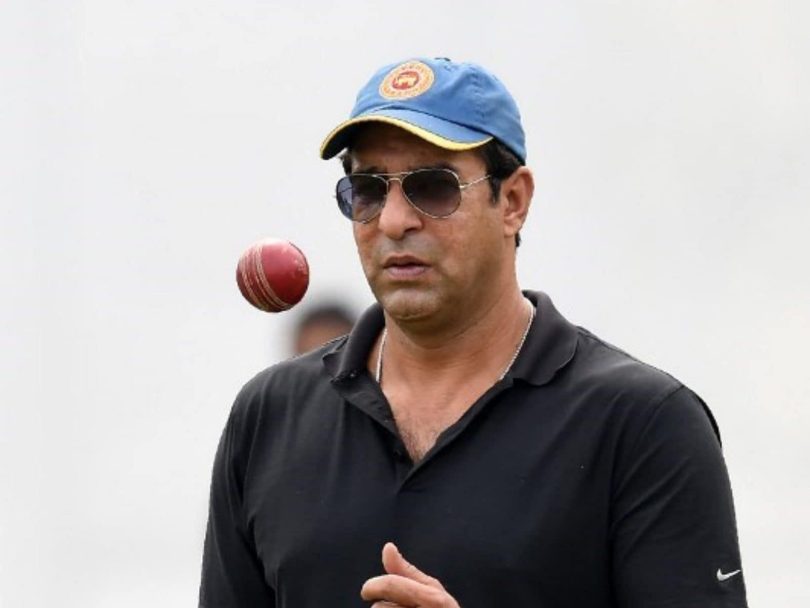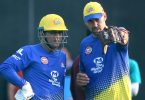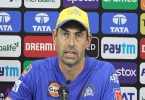Former Pakistan left-arm seamer Wasim Akram has admitted that the tag of being a ‘match fixer’ in his country of birth still hurts him. The cricketer-turned-commentator revealed that it was one of the toughest phases of his life and that it was painful to narrate the happenings again.
Akram was one of several Pakistani cricketers under investigation by Justice Malik Muhammad Qayyum, suspecting him of match-fixing during some matches during the 1990s. While he was prohibited from captaining Pakistan again and had to pay a fine, the 56-year-old escaped serious punishment due to lack of enough evidence.
Speaking to The Guardian, the former pace bowler stated that he gets a vastly different reception in Pakistan and England.
“People may talk about Wasim Akram, one of the best left-armers, Pakistan and Lancashire etc, and that’s how I’m generally seen by you guys in the UK. But in Pakistan the rumours persist – ‘he’s a match-fixer’ – and that hurts a lot.”
The former Pakistan skipper also came under suspicion following Australia’s commanding win in the 1999 World Cup final at Lord’s. The left-arm seamer’s decision to bat first under overcast conditions was put under the scanner after Australia bowled Pakistan out for 132 to win by eight wickets. On being questioned about the same, the former captain had repeatedly denied any foul play.
The 104-Test veteran is all set to release his memoir Sultan, written with renowned Australian journalist Gideon Haigh. Akram said he wanted to reveal his side of the story to his family and hence spoke candidly about many of the tough moments of his life in the book. He also said he wanted to forget the dark episodes through the telling. Akram said:
“It was tough to revisit those moments in my life – the betrayal, the tragedies – but the reason for doing the book wasn’t money. I probably wanted to forget. I’ve been diabetic for 25 years and didn’t want the stress. But my sons are 25 and 21, my younger daughter is almost eight and it’s my story for them. And my [second] wife, Shaniera. They all wanted to know what happened, my side of the story, because they have heard stuff about me.”







